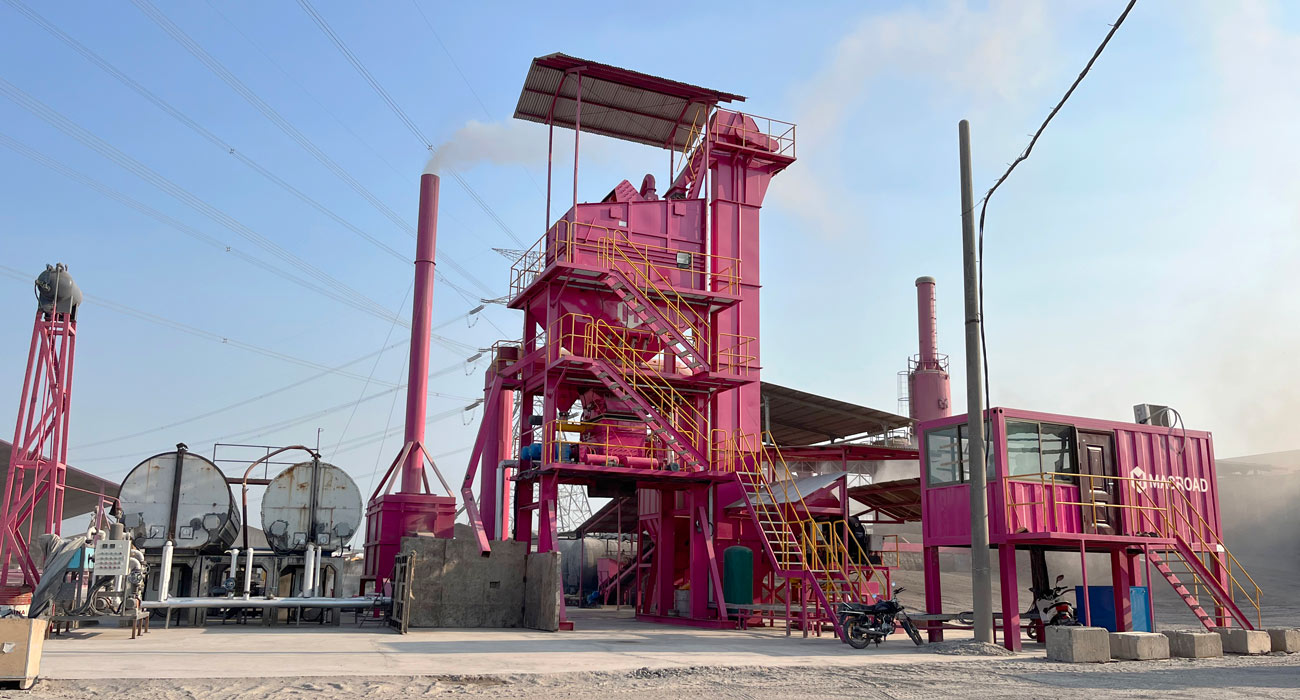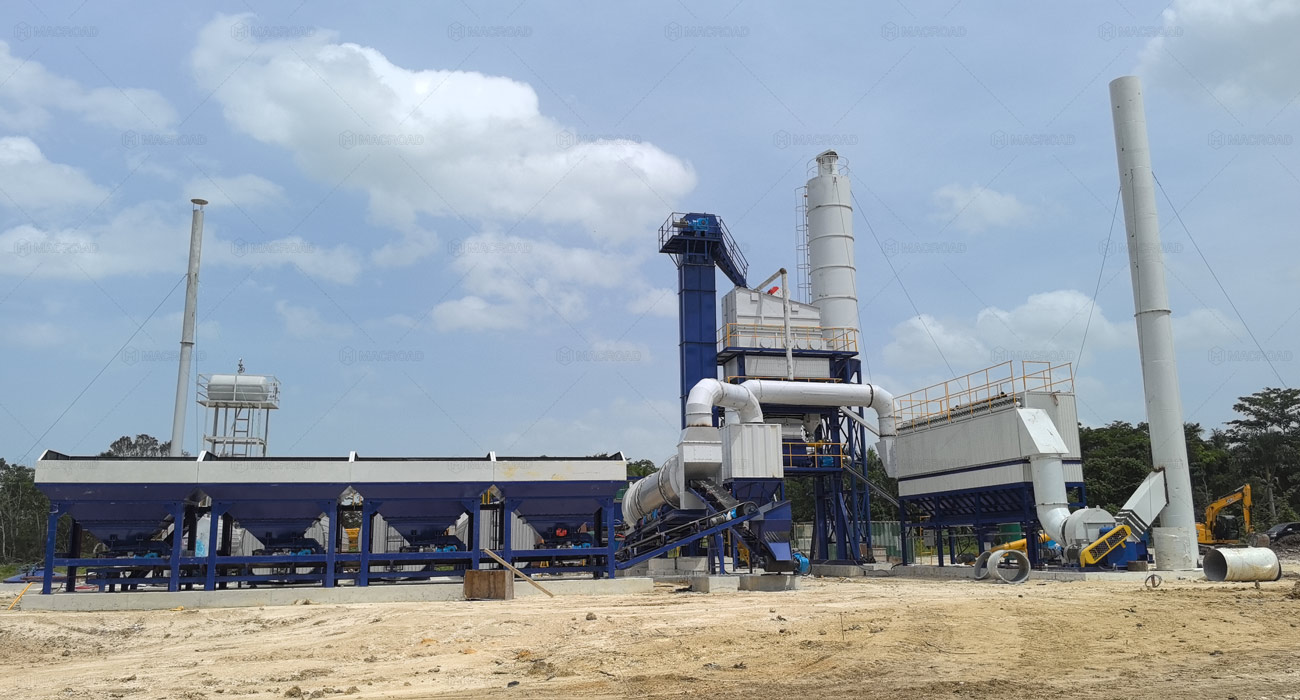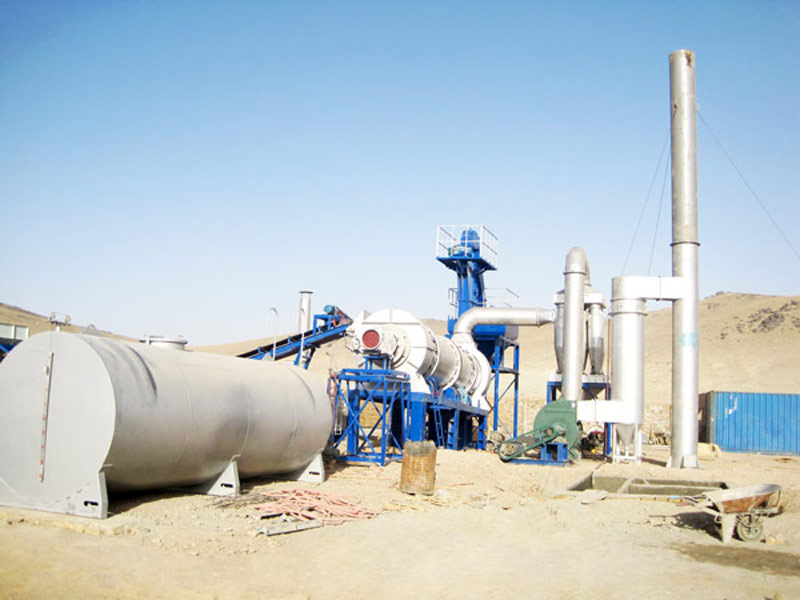Sustainable practices in asphalt production are essential for minimizing environmental impact and promoting resource efficiency. As the demand for road construction continues to rise, particularly in extremely cold areas where the challenges of asphalt durability are heightened, adopting innovative approaches becomes crucial. This article explores how integrating sustainability into asphalt production not only benefits the environment but also enhances operational efficiency.

Embracing Recycled Asphalt
One of the most effective ways to promote sustainability in asphalt production is through the use of recycled asphalt. By incorporating reclaimed asphalt pavement (RAP) into new mixes, asphalt producers can significantly reduce the demand for virgin materials. This practice not only conserves natural resources but also lowers production costs, making it an attractive option for construction companies.
Recycled asphalt is particularly beneficial in regions facing budget constraints, as it allows for high-quality asphalt production without the high costs associated with new materials. The integration of recycled asphalt not only supports eco-friendly initiatives but also aligns with the growing emphasis on circular economy principles within the construction industry.

The Role of Asphalt Recycling Plants
Asphalt recycling plants play a vital role in facilitating the use of recycled materials. These specialized facilities are designed to process reclaimed asphalt efficiently, ensuring that it meets the necessary quality standards for reuse. By investing in an asphalt recycling plant, producers can streamline the recycling process, making it easier to incorporate recycled materials into their operations.
The availability of asphalt recycling plants allows construction companies to implement sustainable practices seamlessly. This not only enhances the overall sustainability of asphalt production but also fosters a more responsible approach to road construction. As more companies recognize the benefits of recycling, the industry can move toward a more sustainable future.

Innovations for Cold Weather Performance
In extremely cold areas, ensuring the durability and performance of asphalt is critical. Innovative practices, such as the use of stabilized soil mixing plants, can enhance the performance of asphalt in harsh conditions. These plants improve the structural integrity of road bases, allowing for better load distribution and reducing the likelihood of cracking and deformation in cold weather.
By combining stabilized soil mixing techniques with recycled asphalt, producers can develop high-performance asphalt mixes that withstand extreme temperatures. This not only extends the lifespan of roadways but also minimizes the need for frequent repairs, contributing to a more sustainable infrastructure overall.
In conclusion, embracing sustainable practices in asphalt production is essential for reducing environmental impact and improving operational efficiency especially in extremely cold areas. By utilizing recycled asphalt, investing in asphalt recycling plants, and implementing innovations for cold weather performance, the industry can meet the growing demand for sustainable road construction. These practices not only benefit the environment but also ensure the longevity and resilience of roadways, paving the way for a more sustainable future.